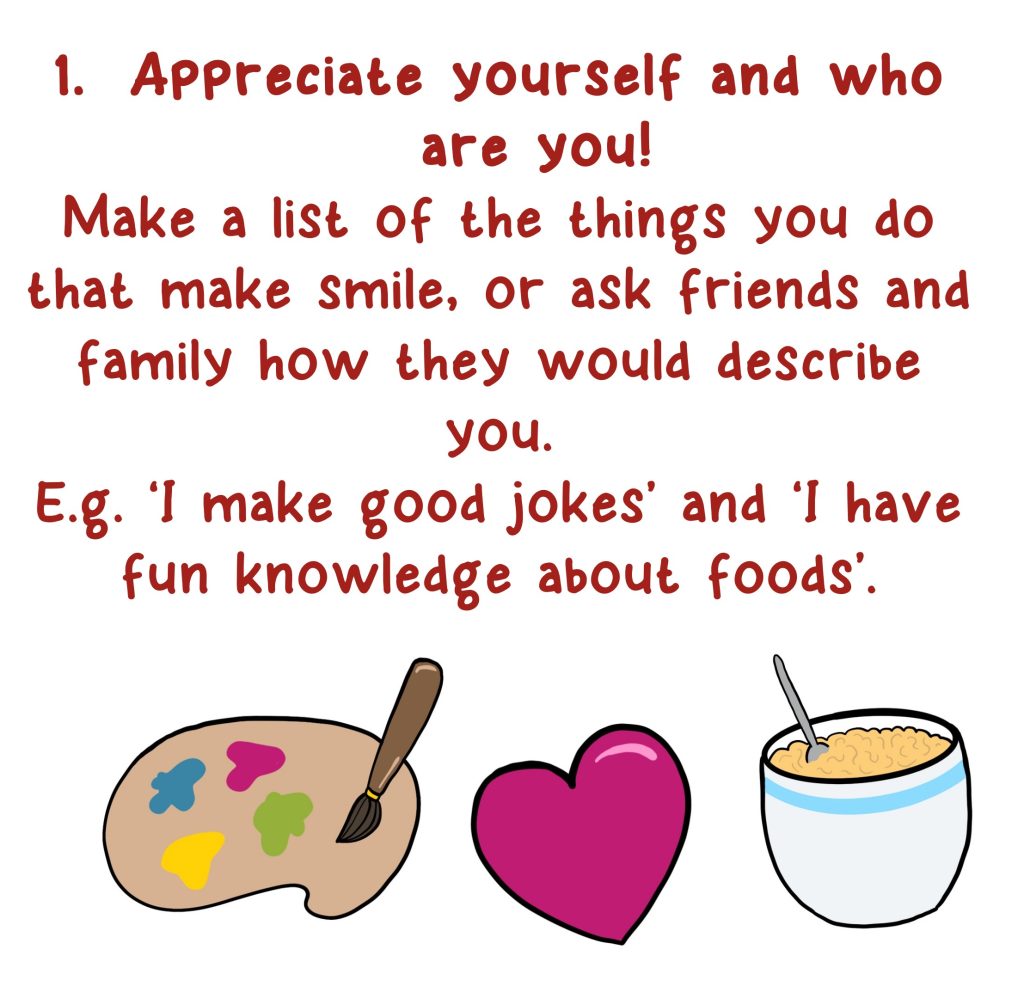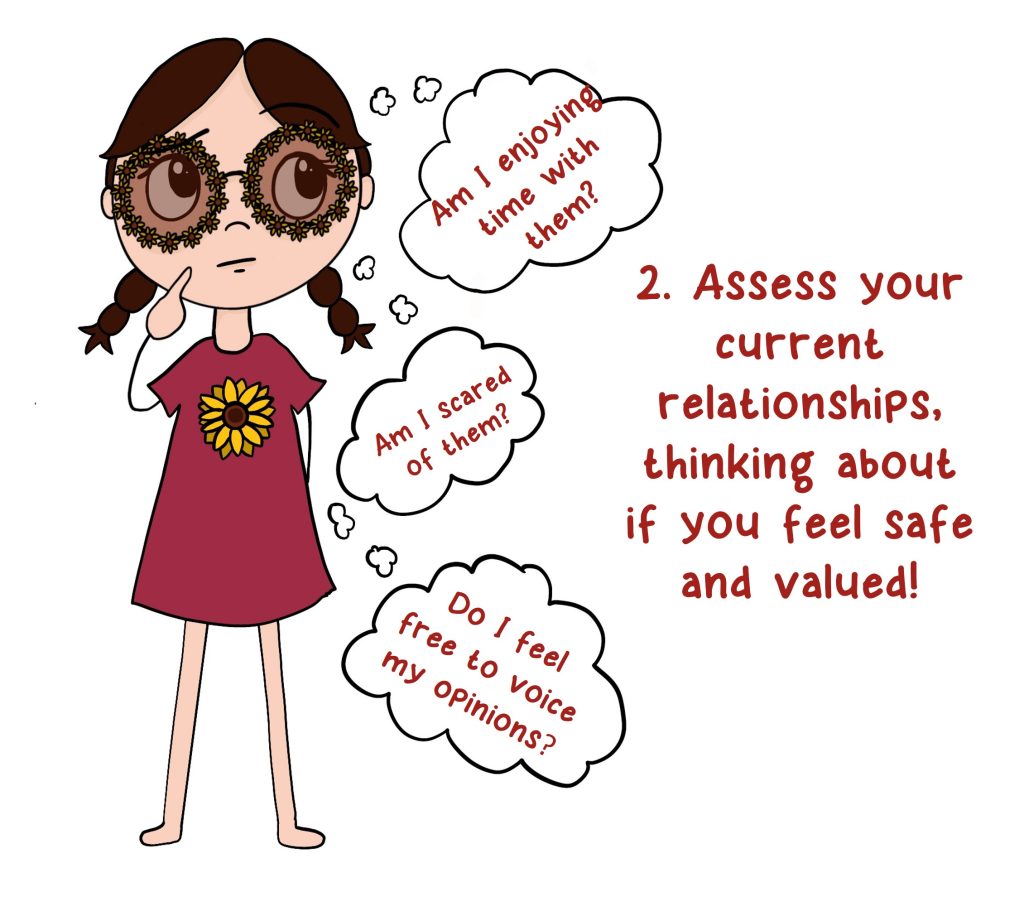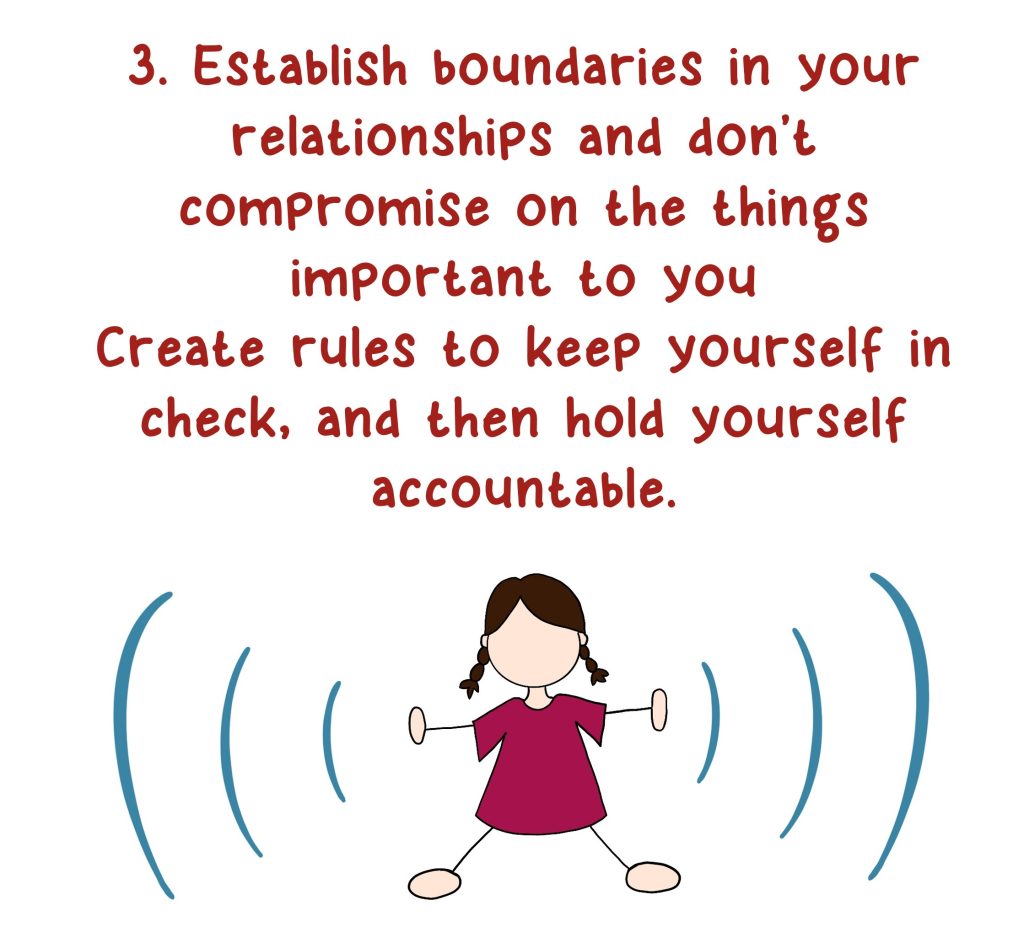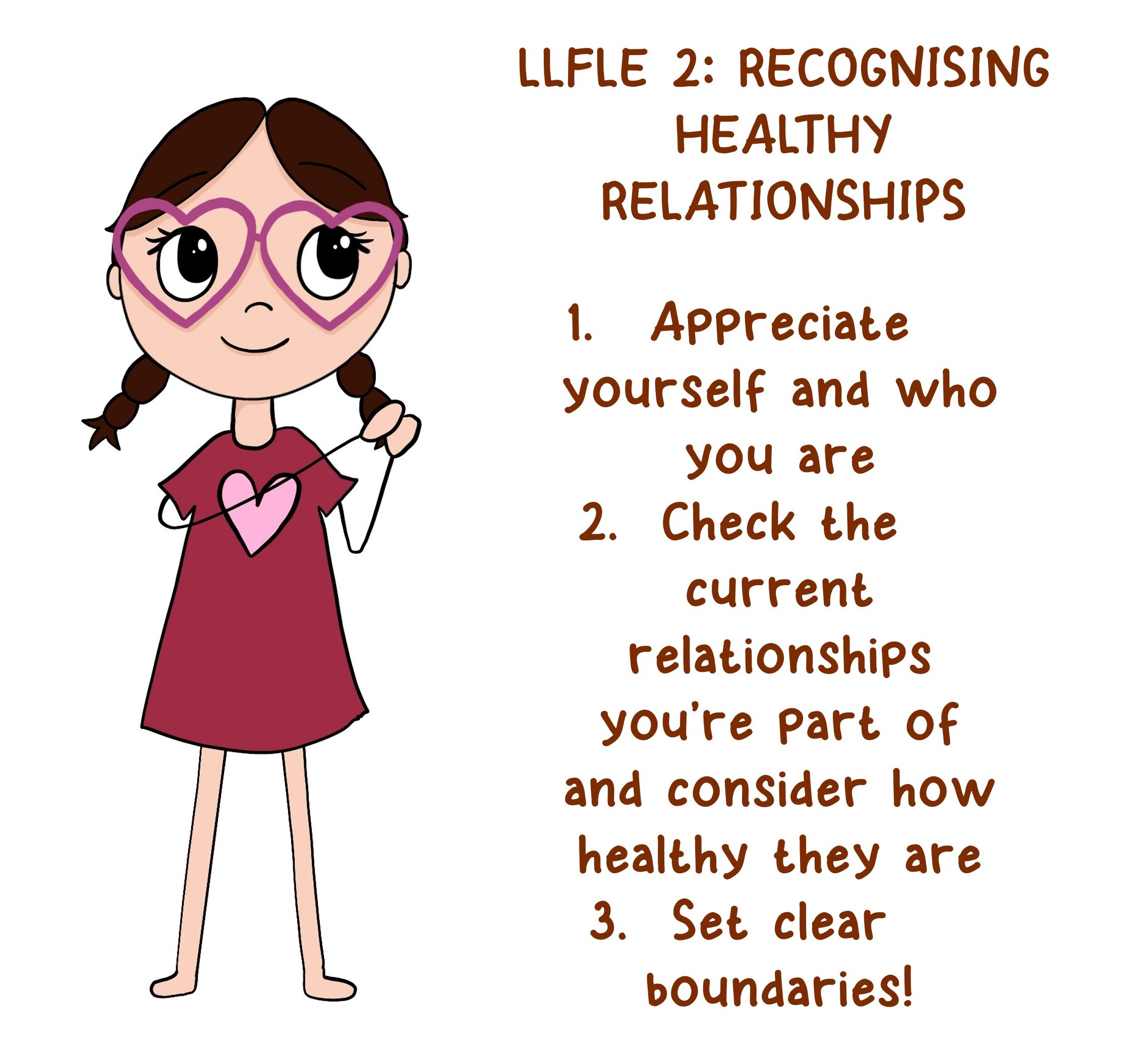(Lessons Learned From Lived Experience)
This is a very important post for me. Throughout my life I have entered negative relationships, and been manipulated, and it’s a very common experience echoed by many neurodiverse individuals. Understanding how a relationship works and the social expectations of it is incredibly confusing, which can make managing them difficult – not to mention general low self esteem impacting the overall equality and balance of the relationship. I am still on a process of learning to appreciate my worth and engage in positive relationships where I am not made to feel small, inadequate, less worthy, or otherwise treated badly.
(I do also want to say that sometimes I am to blame for entering these relationships, or warping what would otherwise be a good relationship – historically my lack of self esteem has led me to believe I don’t deserve friendships or to be around certain people, or I just feel like a bother, which has then led to me giving up on myself and do everything to please the other person (because I have been fearful they would either grow to resent me, or tire of me, if not)).
I have three main strategies that I’d like to explain, and which I personally have found very helpful: 1. Appreciating my worth and who I am, 2. Creating a healthy relationship checklist, and 3. Establishing boundaries. If anyone would be interested in me developing these into worksheets/a resource, let me know!

Appreciating My Worth – I find it very helpful to write down, sometimes, what makes me a good friend, or a nice person to be around. It’s a reminder of what makes people want to spend time with me, and is important to remember. For example, I’ll write down things like ‘I sometimes make good jokes’ or ‘I have interesting food facts’! You can even do it for individual relationships, for example ‘We both like Lego’! Sometimes it can be helpful to think what your friends would say about you.

Healthy Relationship Checklist – this is essentially a list of things to be careful about and to check are or aren’t the case in current relationships, for example:
- Do I feel free to say my opinions?
- Do I have time for myself?
- Do I put their wants over my needs?
- Do I still have time for my hobbies?
- Do I feel guilty if I can’t do something they want me to do?
- Do they do things for me?
- Do they ask me how I am or otherwise show they care for me?

Establishing Boundaries. A little similar to the one above, this is more about actually taking action. I find it a good exercise to create a little list of rules for myself for all my relationships, focusing on what makes a relationship healthy and valuing my life and who I am. It’s kind of a combination of the above two activities!
For example, I have a rule that I will never allow my boyfriend or girlfriend to become a carer for me – they can care for me, and help me on my journey to recovery, but when it comes to the physical implications of my eating disorder, I will not ask them to help me with basic tasks, e.g. if I am too weak. If I am too weak to manage basic independence, I am too ill to be in a relationship (obviously this is very different if someone has a physical disability as opposed to a mental health issue).
I also have a rule that I will make sure I have time for my hobbies and interests and will not neglect them in favour of a relationship. To me this means communicating if I want to have some more time to draw, or read, etc, and not cancelling plans or activities I want to do or already have planned just because they want me to be free (unless it is convenient, an exception, or if I want to!). Clear communication is very important when establishing boundaries!
I hope this helps you a little, and if you relate, please do let me know. I now have friends and relationships that are much more balanced, and where I feel valued, appreciated, and actually comfortable! In these relationships I feel like, as terribly cringey as it sounds, we both thrive as individuals!

Leave a Reply